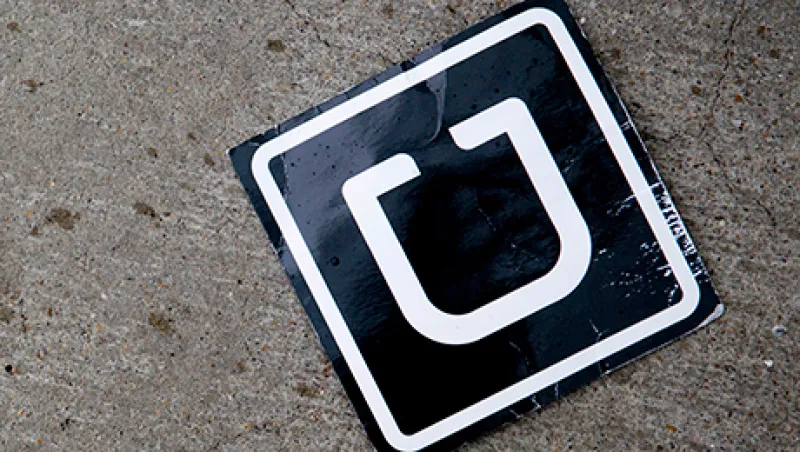Initial second-quarter gross-domestic-product data released on Friday by the Bureau of Economic Analysis presented a complex picture for investors attempting to gauge the next policy move by the Federal Reserve. With rising household consumption more than offset by sluggish investment and rising inventories in the corporate sector, the headline annualized reading of 1.2 percent was significantly lower than consensus forecasts. In response the U.S. dollar slid against major currencies as the likelihood of an interest-rate hike by the Federal Reserve in September suddenly appears more remote. For investors, the question now is whether sluggish growth will provide a sufficient excuse for Federal Open Market Committee members to delay an increase in benchmark rates until 2017.
Uber sells China operations. On Monday, Uber Technologies announced that it will sell its floundering China franchise to local rival Didi Chuxing, creating a new entity with an estimated combined value of more than $30 billion. Uber will retain a minority stake in the combined business and revenue sharing and will accept a cash investment from Didi. The deal comes after the two ride-share giants have spent billions in fierce pricing and promotional competitions trying to capture the Chinese market.
European bank stress test results released. Late on Friday, the European Banking Authority published results of stress tests for primary lenders from the region. Troubled Italian bank Monte dei Paschi di Siena was the only institution in the survey that was found to have a negative common equity tier one ratio. Monte dei Paschi, the world’s oldest bank in continuous operations, recently secured a financing deal from a consortium of other institutions to prop up its balance sheet. Several primary banks from the common currency region also saw capital ratios decline.
Global PMI paint a mixed picture. Official July purchasing manager index data released today by China’s National Bureau of Statistics indicate ongoing divergence between the service and industrial sectors in China. Headline manufacturing PMI registered at a contractionary level of 49.9 for the month, while the headline nonmanufacturing index came in at 53.9. Meanwhile, in Europe, PMI data produced by Markit suggests that industrial companies in the common-currency zone largely shrugged off Brexit risks last month. Headline manufacturing PMI for the region came in at 52 with notable strength among German factories and another contraction for France. While the fallout from the referendum was muted on the Continent, UK PMI data released by Markit suggests that British factory managers were rattled by the prospect of a departure with headline manufacturing levels falling to 48.2 versus 52.4 in June.
Mitsubishi profits hit by negative rates. Fiscal first quarter financial results issued by Mitsubishi UFJ Financial Group on Monday revealed the impact of policymakers’ experiment with negative rates on Japan’s largest lender with a 32 percent year-over-year contraction in net profits bringing the total to $1.8 billion for the period. Mitsubishi is only the latest lender to report a negative effect from the Bank of Japan’s 0.1 percent levy on deposits.
Tesla acquisition of SolarCity finalized. Earlier today, Tesla Motors confirmed the acquisition of SolarCity Corp. in an all-stock transaction valued at $2.6 billion. The deal, which had been widely reported in recent weeks, will represent the largest merger in the solar power market so far. As a major shareholder in both companies and chairman of the board of Tesla, Elon Musk will have to recuse himself from voting on the merger.





